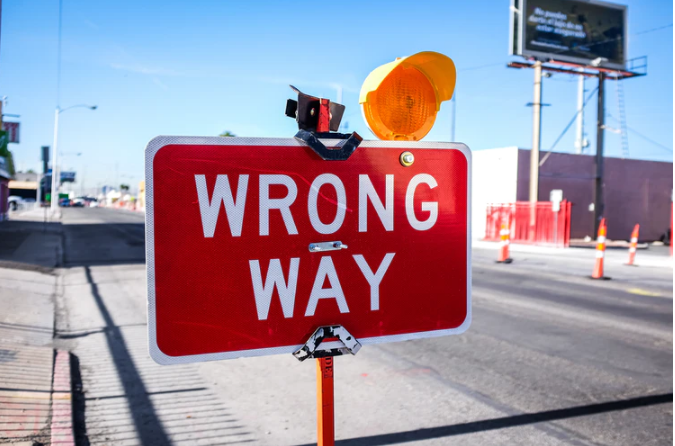What people in the Diaspora get wrong

Good evening! It’s a few days before new year, and I’ve decided to leave a few tips for the diasporans (those who live outside Zimbabwe) on how to enter the new year on a good note. Fellow Zimbabweans, this post is also for you, as I would love you to leave a comment to help better the lives of our fellows who live in the Diaspora
Before we get started, let us get to know a few Shona words
Mbavha – Thief
Ana nhingi – the favoured ones
Pakaipa – I’m in trouble
So what do the people in the Diaspora get wrong?
Communication
This is the first and foremost thing that I have observed that they get horribly wrong. Relatives in the diaspora usually communicate with the wrong people who feed them with lies and tell them whatever pleases them in order for them to get money, and gifts.
This also applies to foreigners. When they come to Zimbabwe, they choose to communicate with the mbavha, who give them the wrong advice, just for them to milk them of their precious foreign currency.
Lets move on to the next thing
Buying very nice items of very little practical value
The whole point of buying a gift, or a present is to buy something that the recipient will cherish and PUT TO GOOD USE. If the person you are buying the present for can’t use the gift, then DON’T BUY IT. Please don’t buy expensive perfumes if there is no food in the house. Don’t buy 8K televisions if the family can’t afford electricity…and the list goes on.
Favouritism
Okay there are some people that you are definitely going to like more than others, but in the end you’ll go to that person you never wanted to be associated with if you make it obvious that you have some that are “highly favoured” in your eyes and some who aren’t. Just delete the words ana nhingi in your vocabulary. Treat everyone equally and you will be surprised how that will help you one day
Poor Budgeting
This is the time of the year when our very “rich” friends come in very nice label clothes, and they spend a lot of money trying to impress their friends and families here. Zimbabwe is expensive – yes it is. Use your money very wisely. In the end some sell their phones and whatever they have just to get enough money to go back to their countries of work, and then say pakaipa. This will be all the person's fault! I remember a case in which somebody sold a very nice car for just 2000 just to raise enough money to buy a ticket to go back to work.
So what can we do about all this?
Need advice about Zimbabwe? Well here are a few tips:
- Talk to all of your relatives here
- Do your research. Find out what is actually on the ground. Check out sites such as Techzim, Pindula, The Herald, etc.
- And try reading my blog (I’m not marketing myself hey! I’m just saying…)
Want to know what to buy for your friends and relatives:
- They are hungry. They are just pretending to be cool and all. Go to their homes. Buy food for them. Have a look at this link to see what items you could buy.
- Get a watch. Don’t buy that ugly thing. Just get a watch.
- Get a powerbank. Very handy because most of our phones are bad and run out when we are far away from our chargers.
- And most importantly. ASK. Whether directly or indirectly ASK. You won’t die. I promise you.
How to budget better:
- Have fewer female friends if you are a guy.
- Think of how much you want to spend in a day and divide that by 3. You will thank me later.
- Don’t you ever send money to a relative (those faraway relatives that you don’t really know) who claims to be sick.
- Go home. Instead of inviting people to a fancy restaurant and have them go back to their miserable lives, buy all that you need – meat, food, drinks and have a great braai at your friend’s or relative’s home. After you leave, they will have a hell of a lot of food. Win-win!
And that’s about it for this week!
Don’t forget to subscribe to my newsletter, and Have a great holiday!
I am available on social media on the following platforms:
Twitter @maputiatota
Instagram @ maputiatota (about to be fully available there…just hold on a bit longer)
You are allowed to say hie.
SEE YOU NEXT WEEK!
Comments